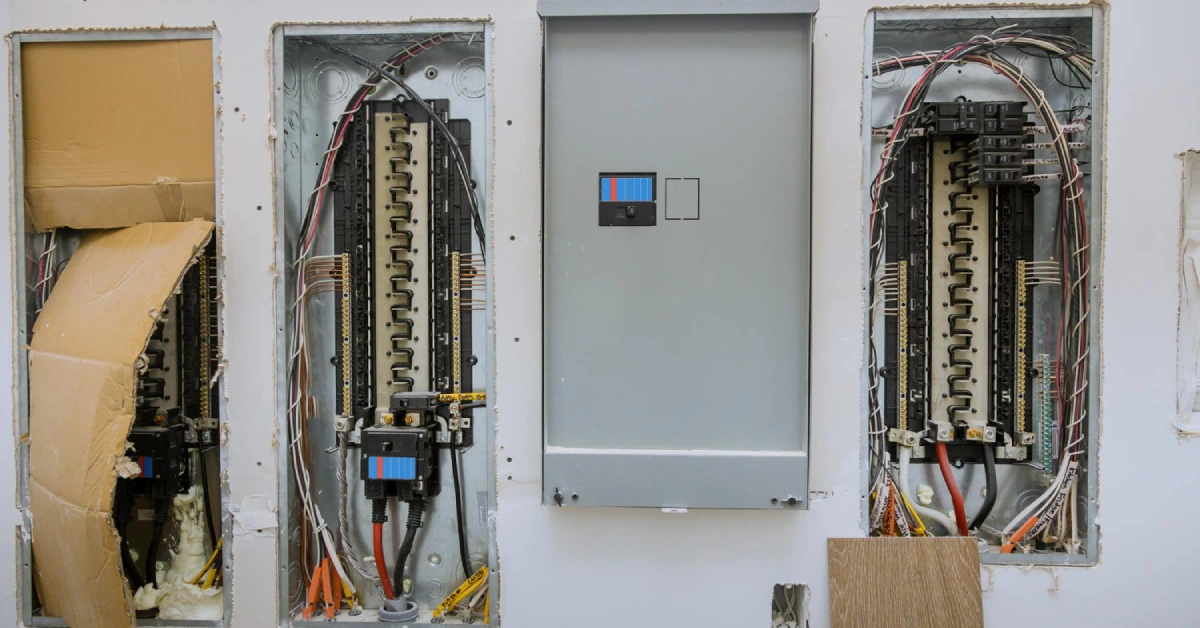Uncover the Key Differences: Modular vs. Non-Modular Box

Are you puzzled about choosing the right switch for your electrical installations? Understanding the differences between modular and non-modular switches can save you time, money, and future headaches.
Introduction
Switches are an essential component of any electrical system, ensuring smooth operation and safety. However, with various options available, it can be challenging to select the right one. Among the most commonly debated choices are modular and non-modular switches box. In this article, we'll delve into their differences, benefits, and applications to help you make an informed decision.
What Are Modular Switches?
Definition and Design
Modular switches box are designed with flexibility in mind, allowing you to customize and configure them according to your specific needs. They typically come in separate modules that can be assembled into a single unit, providing versatility in design and functionality.
Benefits of Modular Switches
Customizability: Easily tailored to match your decor and functionality requirements.
Ease of Installation: Simplified installation process with interchangeable modules.
Aesthetic Appeal: Sleek and modern designs that enhance the look of any space.
Enhanced Safety: Often built with better safety features and higher quality materials.
What Are Non-Modular Switches?
Definition and Design
Non-modular switches box, also known as traditional switches, come in fixed designs and configurations. They are pre-assembled units that do not offer the same level of flexibility as their modular counterparts.
Benefits of Non-Modular Switches
Cost-Effective: Generally more affordable than modular switches.
Durability: Sturdy and long-lasting with fewer moving parts.
Simplicity: Straightforward design that is easy to use and maintain.
Key Differences Between Modular and Non-Modular Switches
Customization
Modular switches box allow for high customization, enabling users to select different modules for various functions within the same frame. Non-modular switches, however, do not offer this flexibility.
Installation and Maintenance
The modular design makes installation and maintenance easier since individual modules can be replaced without disturbing the entire setup. Non-modular switches box require more effort to install and replace since they come as single, fixed units.
Aesthetic and Design Flexibility
Modular switches box come in various colors, shapes, and sizes, making them ideal for modern interiors. Non-modular switches typically have a standard design, which may not blend seamlessly with all decor styles.
Application and Usage
Modular switches box are perfect for spaces that require a combination of functionalities, such as homes, offices, and commercial establishments. Non-modular switches are suitable for simpler, cost-sensitive applications where customization is not a priority.
Choosing between modular and non-modular switches box depends on your specific needs, preferences, and budget. Modular switches offer superior flexibility, safety, and aesthetic appeal, making them suitable for modern applications. Non-modular switches, on the other hand, are cost-effective and durable, ideal for straightforward installations. Understanding these differences can help you make an informed decision that best suits your electrical installation requirements. Whether you're renovating your home, setting up a new office, or working on a commercial project, the right switch can make all the difference.








